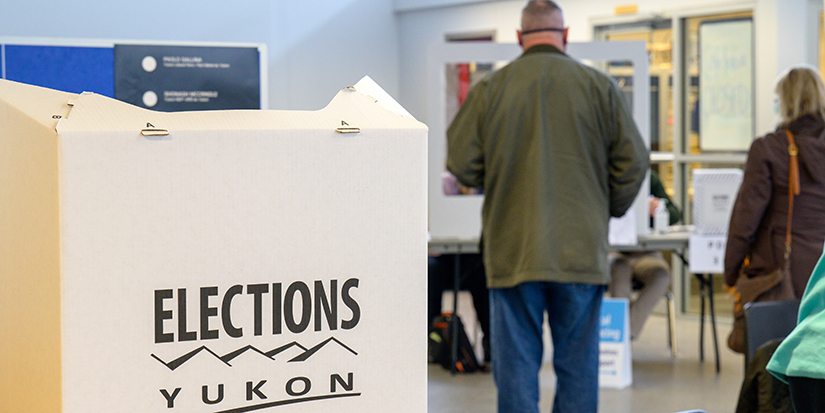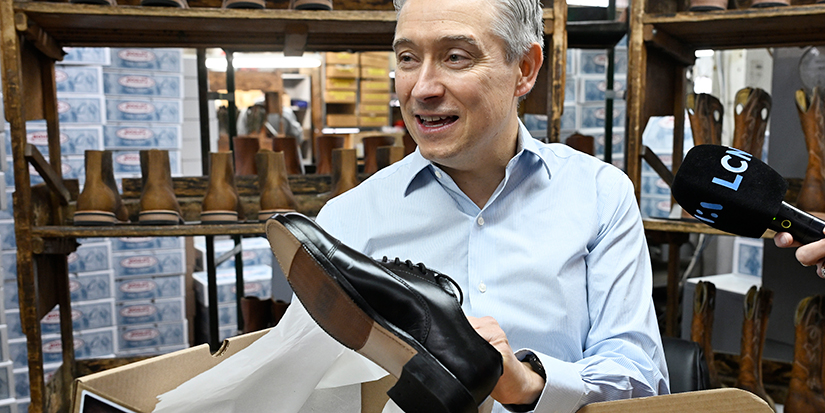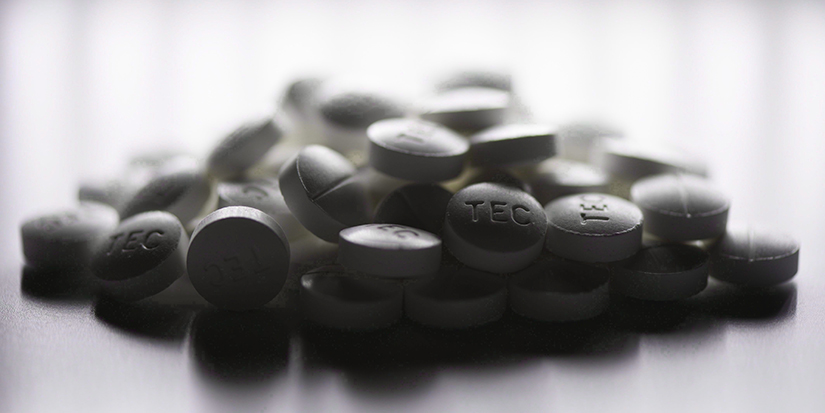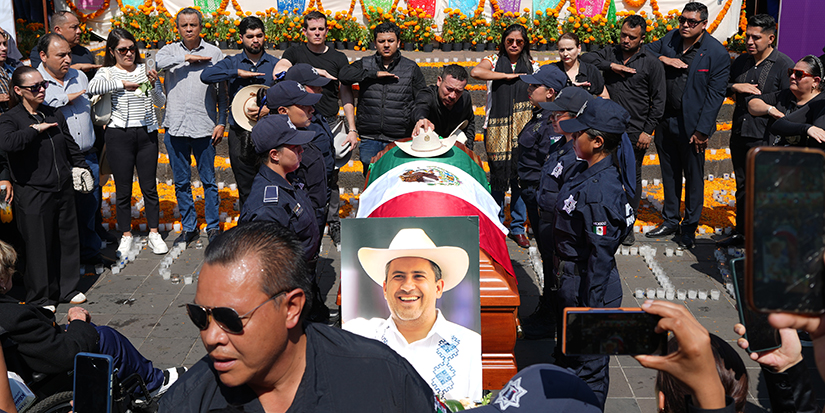Latest News
Don’t let your boat go up in smoke
It’s more than sinking or running into things you have to worry about when you’re on a boat.
It’s more than sinking or running
into things you have to worry about when you’re on a boat.
Fire safety is also paramount, as
Richmondites found out on June 18 when a boat in a local marina burst into
flame and scorched neighbouring boats.
The fire burnt through the lines
attaching the boat to the dock, allowing the flaming craft to drift away. The
boat then lodged itself under the Moray Channel Bridge, spewing clouds of black
smoke and closing the crossing to traffic.
As bad as the blaze was, it could
have been much worse, according to Richmond Fire Rescue’s community relations
officer Brian MacLeod.
Many boats have gasoline and
propane tanks aboard which are also explosion risks, he says.
MacLeod says other hazards are
created if a boat burns to the water line and sinks. That releases toxic
chemicals into the marine environment and the wreck becomes a hazard to
navigation.
A boat fire is also an expensive
problem. You may be liable not only for your boat’s damage but the damage your
fire causes to other boats.
Canadian Power Squadron national
education officer Byron Buie says “the electrical connection to the boat is
probably the most common point at which a fire starts. I know I have had issues
with my plugs.”
Buie says he just replaced his
shore power connection with a smart plug that forms a strong connection while
protecting it from the elements.
Buie continues: “Also it is
important that when you disconnect your shore power you remove the plug from
the shore power box first and then the connection to the boat.”
He says that when settling back
in at the dock, “Connect the connection to the boat first and then the shore
power.”
He warns that if you see a
boater’s slip empty but their cord sitting on the dock, still plugged in,
that’s a hazard: “The cord is active and if by chance it was to fall into the
water it becomes and electrical shock hazard which could kill someone.”
As the recent boat fire in Richmond showed, you have to be fire safe not only when underway but also when at the dock.
MacLeod says be sure to:
• Properly store flammable
liquids in a safe location
• Never leave portable heaters or
appliances running when you are not on the boat.
• Make sure your marina is
supplying you with the proper electrical voltage.
• Turn everything off when
refueling. Never smoke while refueling.
And, MacLeod says, if you do have
a boat fire at the dock, call 911 immediately as things can get out of hand
quickly. Get everyone off the boat and well away. Don’t stop to pick up
valuables.
The faster you call 911, the
faster Richmond Rescue can be dispatched. Small boat fires become big ones
unexpectedly fast.
MacLeod does not recommend
cutting the lines that tie a burning boat to the shore or the dock as it then
becomes a floating blaze, cruising totally at the whims of wind and tide, able
to destroy more structures. He recommends getting other boats and spectators
out of the way.
Called quickly, Richmond Fire
Rescue can use a special fire-extinguishing hand grenade, called a Dry
Sprinkler Power Aerosol or DSPA-5, to rapidly get things under control. It does
little damage to the boat while preserving the scene for investigation. And it
also uses up to 80 per cent less water. (On something afloat, the last thing
you want to do is fill it with water so it sinks.)
The device also keeps people
safer because, “It prevents firefighters from entering an enclosed space during
a fire,” says MacLeod.
“The firefighter simply pulls the
fuse and throws the device into the boat to gain control of the fire before
entering.”
The DSPA-5 quickly coats the fire
with an extinguishing powder.
“(They) have been and are being
used by our members. They claim these devices are successful and work well,”
says MacLeod.
So, whether underway or at the
dock, fire safety needs to always be a priority for boaters.
Boat fire causes and how to avoid them
Richmond Fire-Rescue community relations
officer Brian MacLeod says there are many causes of boat fires. He lists some
of the main ones:
• Escape of gas from liquid
propane tanks that comes into contact with an ignition source resulting in fire
and or explosion
• Flammable vapours entering the
living space ignited by a flame or spark
• Incorrectly installed heating
appliances, especially do-it-yourself installations
• Candles or cigarettes too close
combustible materials
Canadian Power Squadron national
education officer Byron Buie advises:
• Take a safety course including first aid and fire extinguisher use
• Have multi-purpose ABC fire
extinguishers both in and outside the cabin.
• Be certain your passengers know
where those extinguishers are and how to use them.
• Make sure you have a
communication source in case of emergency
• Maintain your engine and
electrical systems, always use a professional specializing in boat engines to
perform maintenance and repairs.
• Make sure ventilation on your
boat complies with Canadian Coast Guard standards
• Ensure proper installation and
inspection of batteries
• Smoke detectors and carbon
monoxide detectors are a must in every cabin
Reaching the Coast Guard in an emergency
If you are under way when you
discover a boat fire, the Canadian Coast Guard says:
• On VHF DSC radios (Very High
Frequency Digital Select Calling) push the automatic red “DISTRESS” button, or
manually transmit the call on channel 16, while you have power.
• If your radio is hooked up to
GPS, the button will automatically transmit the position of the vessel.
When you do that, all boats with
a VHF DSC radio will receive an alarm signal.
• Declare a Mayday if you are
faced with serious distress such as fire or explosion, immediate or imminent
life-threatening injury, illness or danger of losing your vessel or people
overboard.
You say:
• Mayday, Mayday, Mayday
• This is (say the name of your
boat three times) and Ship Station License call sign
• Mayday (name of your vessel)
• (Tell them where you are) “My
position is (latitude and longitude), or distance or bearing from landmark
• We are (describe the emergency)
• We require (describe nature of
assistance needed)
• We have (number of people
aboard, and age and condition if relevant)
• Vessel Name is (length, sail,
power, design type, hull color, trim color)
• If there is no response after a
few moments, repeat the steps above.
• Also, say ‘Mayday Relay’ if you
are calling for another vessel in distress, giving the name of vessel, and its
position. Sometimes, when a ship is on fire, their radio stops working.
Distress calls go out to all vessels in the area, including the Coast Guard, who will respond, and rebroadcast the call to dispatch others to help.




































